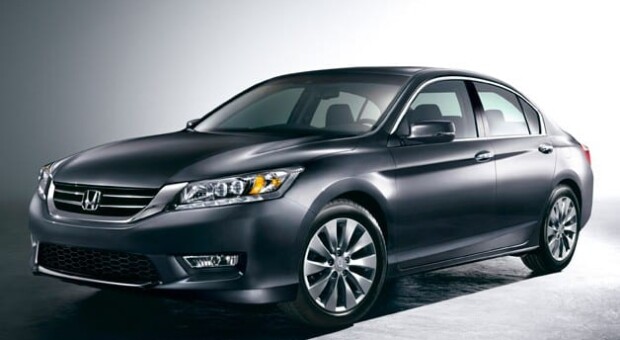
In the realm of non-electric vehicles, the midsize sedan segment remains fiercely competitive, with the Toyota Camry and Honda Accord standing out as two of the most popular and enduring choices for consumers. Both models have evolved over decades, continually refining their blend of comfort, reliability, and performance to meet the demands of a broad audience. This comparison delves into the pros and cons of each model, providing insights to help potential buyers decide which sedan might suit their needs best.
Performance and Fuel Efficiency
Toyota Camry
Pros:
- The Camry offers a range of engine options, including a base 4-cylinder that provides a balance of power and fuel efficiency, and a more potent V6 for those seeking additional performance.
- Known for its smooth ride and comfortable handling, the Camry appeals to drivers looking for a serene driving experience.
Cons:
- While the Camry’s handling is competent, it’s not the most engaging to drive, especially compared to the Accord, which is often praised for its sportier dynamics.
Honda Accord
Pros:
- The Accord is renowned for its precise steering and balanced chassis, offering a more engaging driving experience than many of its rivals, including the Camry.
- It also features a turbocharged 4-cylinder engine that delivers a satisfying mix of performance and fuel efficiency.
Cons:
- Unlike the Camry, the Accord no longer offers a V6 option, which might disappoint some drivers seeking the power and smoothness of a larger engine.
Interior Comfort and Technology
Toyota Camry
Pros:
- The Camry’s interior is well-crafted with high-quality materials, providing a comfortable and premium-feeling cabin.
- It comes equipped with a user-friendly infotainment system and a comprehensive suite of standard safety features, enhancing both convenience and peace of mind.
Cons:
- Some users may find the infotainment system a bit outdated compared to competitors, with less intuitive interfaces and slower responses.
Honda Accord
Pros:
- The Accord boasts a spacious and elegantly designed interior, with ample room for passengers in both the front and rear seats, making it ideal for families or those who frequently travel with passengers.
- Its infotainment system is straightforward and includes standard Apple CarPlay and Android Auto, making smartphone integration seamless.
Cons:
- Some interior materials in the Accord, especially on lower trims, can feel less premium compared to the higher-quality finishes found in the Camry.
Safety and Reliability
Toyota Camry
Pros:
- The Camry has a stellar reputation for reliability, consistently ranking high in long-term dependability studies.
- It includes Toyota Safety Sense, a suite of advanced safety features, as standard equipment across all trims, offering drivers enhanced protection.
Cons:
- While comprehensive, some drivers may find the sensitivity of Toyota’s safety systems to be overly cautious, resulting in frequent alerts and interventions.
Honda Accord
Pros:
- The Accord matches the Camry in safety, featuring the Honda Sensing suite of driver assistance technologies as standard on all models, including adaptive cruise control, lane-keeping assist, and collision mitigation braking.
- It also enjoys a strong reputation for reliability and is known for retaining its value well over time.
Cons:
- Some critics note that the Accord’s driver assistance features can be a bit intrusive at times, similar to the Camry, which may detract from the driving experience for some.
Pricing and Value
Toyota Camry
Pros:
- The Camry is competitively priced within the midsize sedan segment, offering good value given its reliability, range of features, and resale value.
- Buyers have a wide array of trims and options to choose from, allowing for a high degree of customization to fit various budgets and preferences.
Cons:
- Higher trims and the V6 engine option can push the Camry’s price above some competitors, potentially stretching the budgets of some buyers.
Honda Accord
Pros:
- The Accord offers strong value for the money, with its combination of performance, efficiency, interior space, and standard technology features.
- It maintains competitive pricing across its lineup, making advanced features and higher trims accessible without a significant price premium over the Camry.
Cons:
- The lack of a more powerful engine option in the current lineup may leave some buyers wishing for more performance without having to switch to a different model or brand.
Conclusion
Both the Toyota Camry and Honda Accord excel in their class, offering reliable, comfortable, and efficient transportation. The choice between them often comes down to personal preference and priorities. The Camry may appeal more to those prioritizing comfort, smooth ride, and reliability, while the Accord could be the better choice for drivers seeking a more engaging driving experience and spacious interior. Ultimately, both sedans represent the culmination of decades of refinement and are likely to satisfy a wide range of drivers looking for a non-electric midsize
















